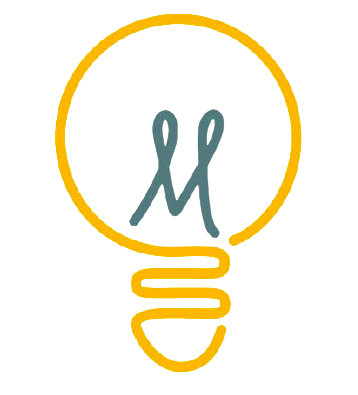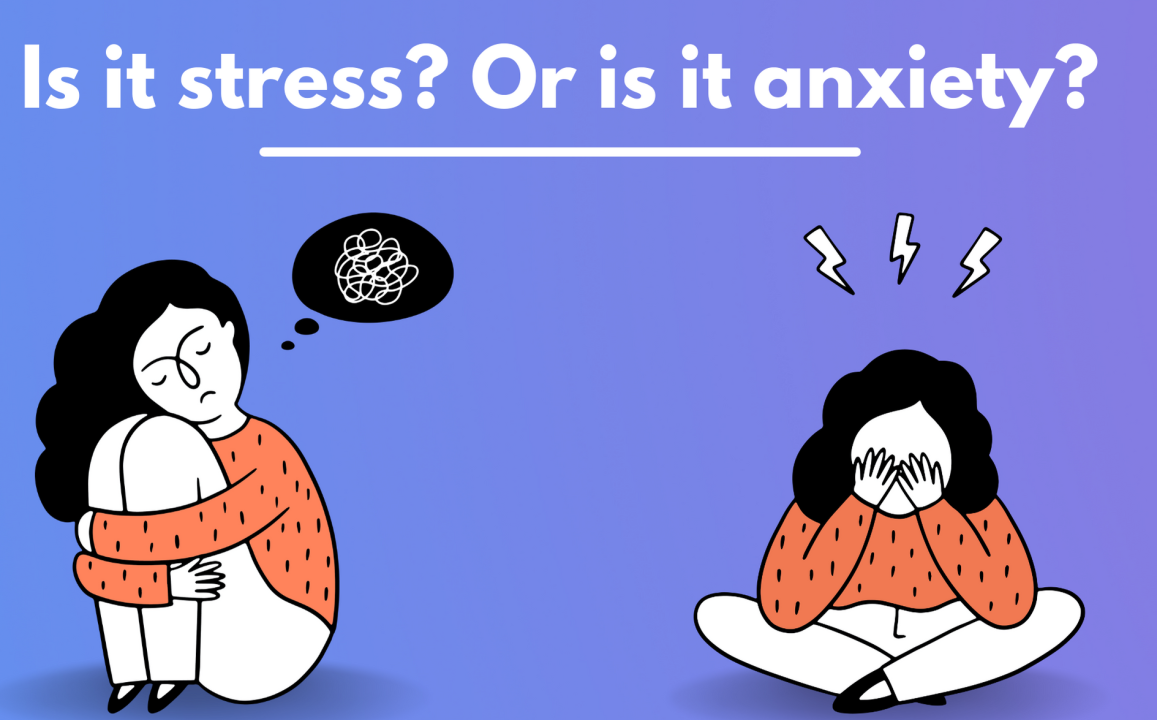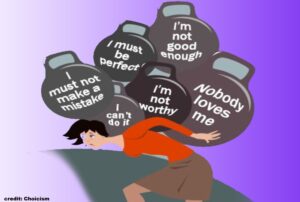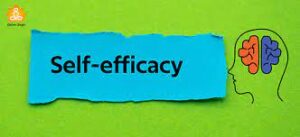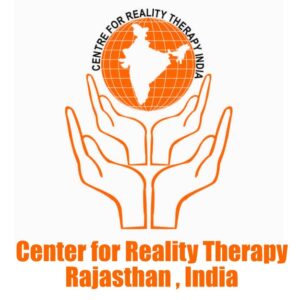Stress is any demand placed on your brain or physical body. Any event or scenario that makes you feel frustrated or nervous can trigger it, whereas, Anxiety is future-oriented and occurs when upcoming negative events are anticipated or contemplated. It is a feeling of fear, worry, or unease. While it can occur as a reaction to stress, it can also happen without any obvious trigger. There is a fine line between the two aforementioned emotional responses.
Most people experience some feelings of stress and anxiety at some point, and that isn’t necessarily a “bad” thing. Both stress and anxiety in the short-term can be beneficial to humans, but can also be harmful in the long-term for almost the same reasons. They elicit very clear nervous system responses which, in the case of real and imminent danger, help humans protect themselves or get them out of harm’s way — the classic fight or flight response. According to the latest data from the National Institute of Mental Health, 31% of Americans will experience an anxiety disorder during their lifetimes.(“Any Anxiety Disorder”, n.d.)
The World Health Organization (WHO) estimates that about 260 million people were living with anxiety disorders globally in 2017. When it comes to specific mental health issues, adult Gen Zs are more likely than some other generations to report they have been diagnosed with an anxiety disorder (18 percent) and more likely than all other generations to report they have been diagnosed with depression (23 percent) – Stress in America, Generation Z
Many similarities are apparent in the symptoms of stress and anxiety. Stress and anxiety share an identical set of symptoms: Insomnia, Loss of appetite, Indigestion, Poor concentration, Irritability, Fatigue, Lethargy, Restlessness etc. The major difference that can be pointed out between the two is that stress is caused by external triggers and anxiety due to excessive worries even in the absence of a stressor/trigger.
Be it stress or anxiety, if you feel they are affecting your day-to-day functioning or mood, consider talking to a mental health professional who can help you understand what you are experiencing. Various studies have shown that therapies such as MBT, CBT, Relaxation therapy, Art Therapy bring about significant changes in relieving people from stress, depression and anxieties.
The core is that only a professional can help you identify and actually diagnose these feelings of uneasiness and fatigue affecting you, depending upon the severity and longevity of these feelings. A professional can do wonders and there should be no shame, stigma or self-doubt in seeking help for something we as laymen don’t understand the whole of. Keep in mind that one doesn’t need to have a specific mental health condition to benefit from therapy. A qualified therapist can help you identify potential triggers and create effective coping mechanisms to minimize their impact, even if you don’t meet the diagnostic criteria for a disorder. It’s also worth reaching out if stress or anxiety leaves you feeling hopeless, or if you start having thoughts of harming yourself or others.
Accepting unconditionally, identifying the need of proper intervention, seeking support, and educating others can have a profound impact on this world.
References
- American Psychological Association. (2013). Stress in America™ 2013 highlights: Are teens adopting adults’ stress habits? https://www.apa.org/news/press/releases/stress/2013/highlight
- World Health Organization. World Mental Health Day 2017. In: World Health Organization; 2017 [cited 16 Mar 2018]. http://www.who.int/mental_health/world-mental-health-day/2017/en/
- American Psychological Association. (2018), Stress in America, Generation Z. https://www.apa.org/news/press/releases/stress/2018/stress-gen-z.pdf
- Any Anxiety Disorder. (n.d.). Retrieved from: https://www.nimh.nih.gov/health/statistics/any-anxiety-disorder#part_2579
- Harvard Medical School, 2007. National Comorbidity Survey (NCS). (2017, August 21). Retrieved from https://www.hcp.med.harvard.edu/ncs/index.php.
- HealthMatch Staff. (2022). Stress And Anxiety. HealthMatch.
